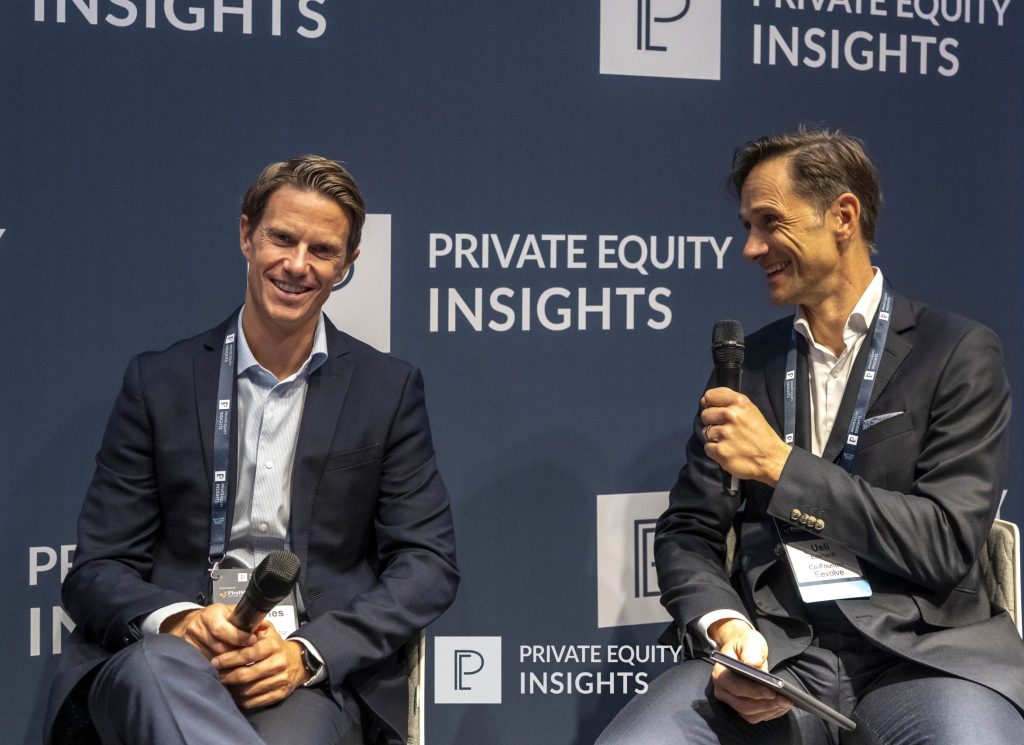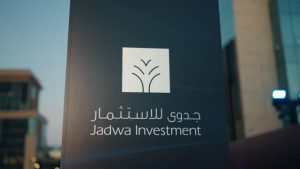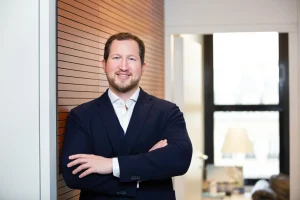“Cash is king, and anything else is an opinion”: private equity’s return to fundamentals


After a decade of easy money and multiple expansion, European private equity is rediscovering what value creation really means.
At the DACH Private Equity Insights Conference in Munich, senior executives from Deutsche Private Equity, Bridgepoint, Eevolve, and Apheon agreed that the model is far from broken.
However, the era when buyout firms could rely on cheap leverage and rising valuations is over. “The old model is dead,” said Marc Thiery, Co-Founder and Managing Director of Deutsche Private Equity. “The industry is very diverse, and the next ten years will require very different skills. Some firms that haven’t built them up will have problems with it.”
Johannes Witt, Managing Director at Apheon, said private equity remains essential to Europe’s industrial economy but requires more creativity and precision. “Private equity is needed in Germany, especially in the industrial space,” he said. “The simple ideology of waiting for leverage – that’s not working. Requirements have changed, and we have to give market guidance.”
Ueli Eckhardt, Co-founder of Eevolve, argued that while financial conditions have shifted, private equity’s fundamental role as a “mechanism for change” remains intact. “Through the governance model that private equity provides, we can engage change that is necessary,” he said. “We’ve kind of forgotten that cash is king, and anything else is an opinion.”
Perhaps one of the biggest shifts is in sourcing. “A lot of sponsors are going into sectors very deeply, becoming real experts,” said Ralph Betz, Managing Director at Bridgepoint. The most successful investors, he added, are now those “who go with the extra mile in their investment, who do value creation.”
Thiery described how Deutsche Private Equity has reoriented its sourcing strategy to identify long-term structural trends rather than opportunistic deals. “We’re spending a lot of time trying to figure out what are the major macro factors driving the economy over the next ten years,” he said. “We break that down into sectors and sub-sectors, where we want to understand what’s happening in depth.” The goal, he added, is to create “a data-driven sourcing advantage” in markets where relationships and reputation still determine access.
Witt noted that for Apheon, the focus has shifted towards companies with international ambitions but limited capacity to expand. “We look for companies that want to internationalise,” he said. “Sometimes they don’t have the resources or language skills to go to another country, and that’s where we can leverage our European network.”
Across the discussion, the investors agreed that operational excellence now depends as much on talent as on capital. “What talent do we need to have at the table?” asked Eckhardt. “In tech, you need someone who has an antenna for what trends are coming up and how they will translate into the business they’re running.” Thiery said firms must “up their game” in functional expertise, building internal capabilities that can support portfolio companies directly. “We have six people in-house we can talk to and advise on,” he said. “We have people doing digitalisation projects, each one an AI expert. We really want to lay all these functional areas.”
For Witt, value creation also requires realism and adaptability. “You have to make those decisions and make sure they happen,” he said. Apheon has increasingly launched buy-and-build platforms from scratch, working with entrepreneurs to create future consolidation targets. “We partnered with entrepreneurs and said, industrial logic in our sector would be to combine these two or three companies. So we started with them from scratch to go there and build up a project,” he said.
Eckhardt summed up the shift succinctly: “Historically we looked at growth and efficiency gains, and we took resilience for granted. Now we have to ask how we can make a business more resilient.”
After years of abundant leverage and passive gains, private equity’s new alpha looks more like old-fashioned investing. It requires deeper diligence, longer hold periods, and an obsession with execution. As Thiery put it, success will belong to those “who figure out what is required”, not those still searching for an easier model.
by Andreea Melinti
If you think we missed any important news, please do not hesitate to contact us at [email protected].
Can`t stop reading? Read more.




